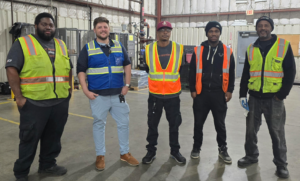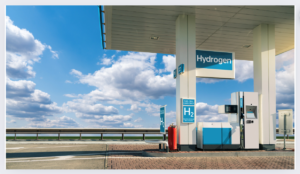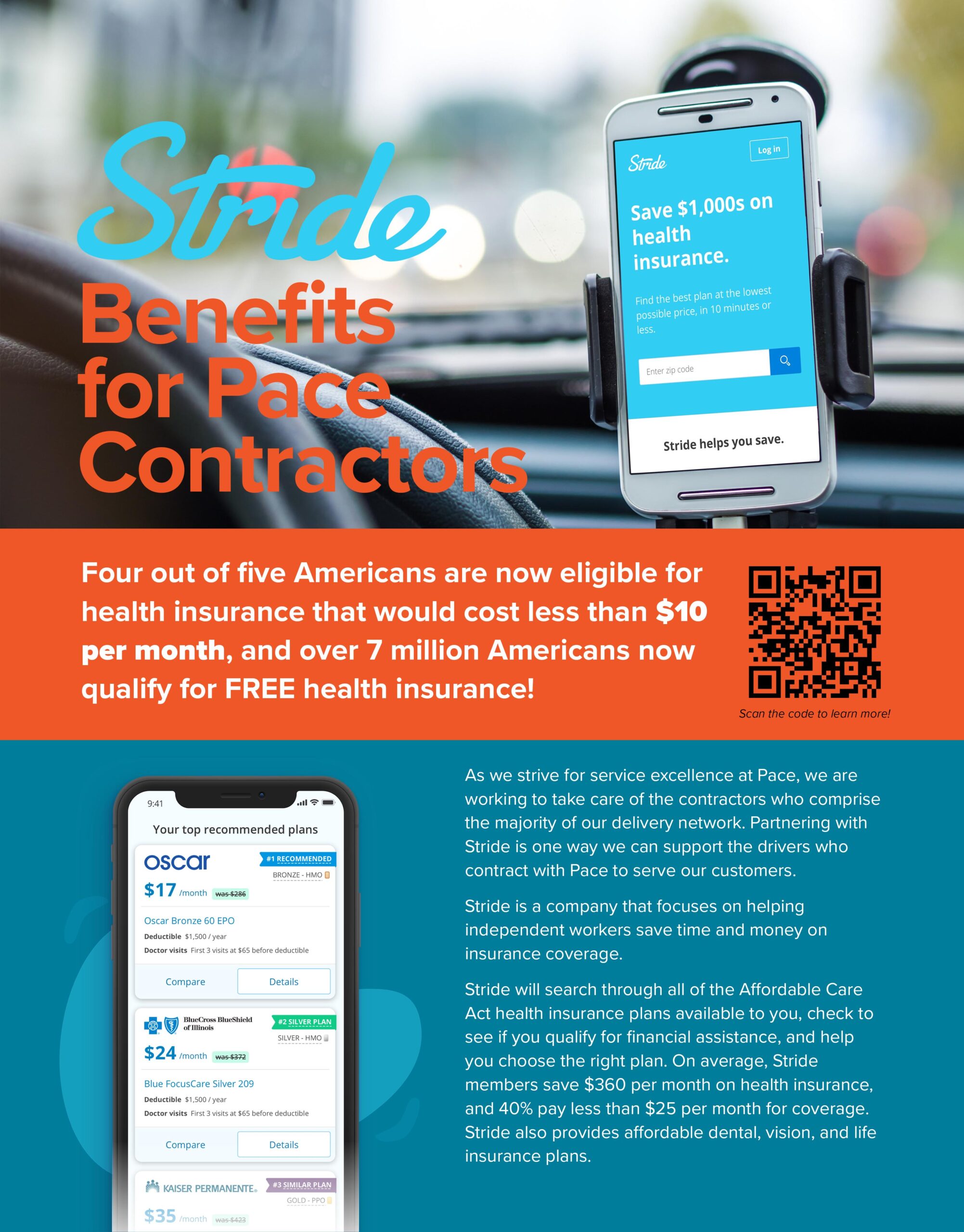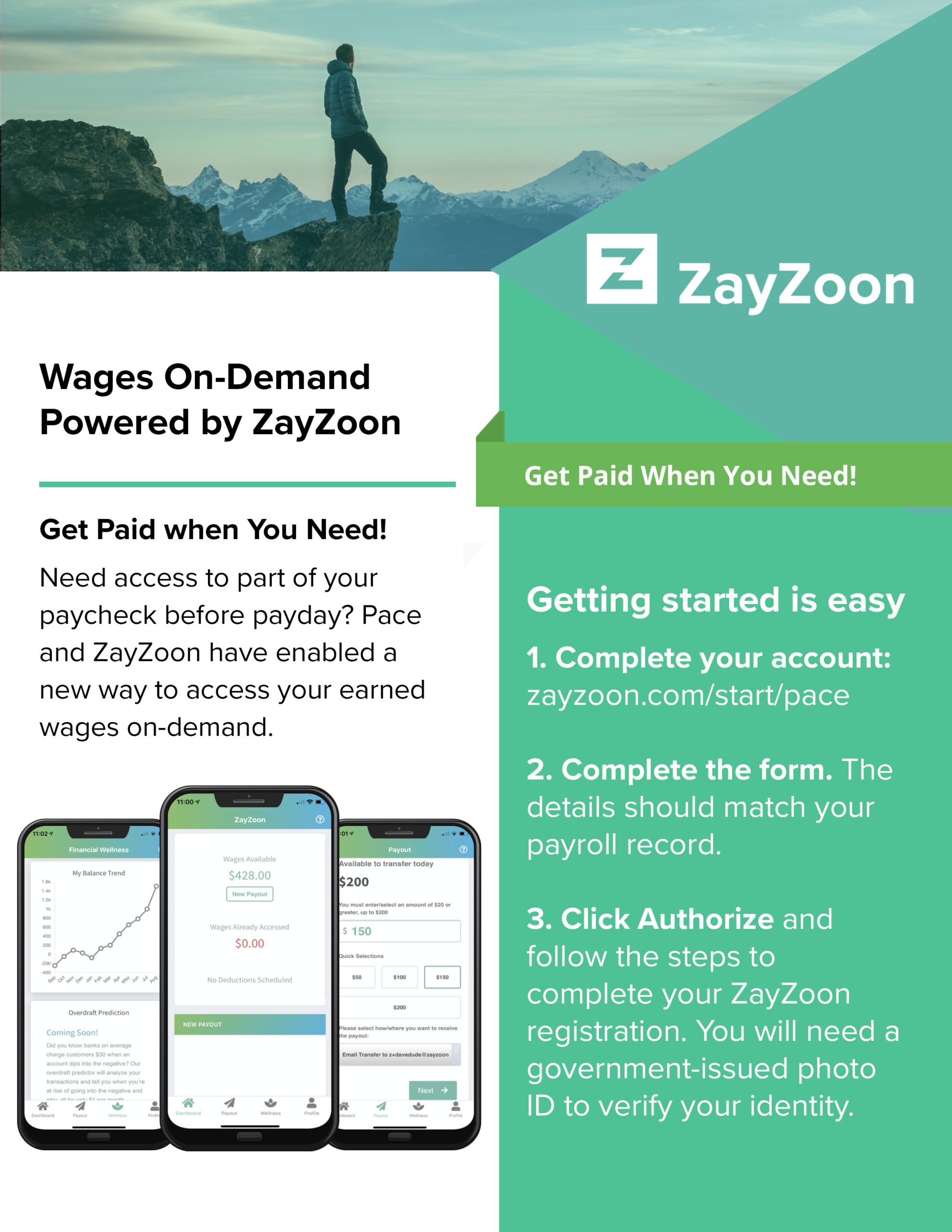
Online Shopping Continues to Accelerate
A recent survey conducted by the Council of Supply Chain Management Professionals (CSCMP) concludes that the COVID-19 pandemic will not curtail the upcoming holiday season’s shopping spend. The survey results state that the holiday shopping trend toward buying online, already accelerated this year by the coronavirus pandemic, will continue upwards as online shopping accelerates. As more consumers buy their holiday gifts online, the resulting crush of even greater numbers of packages and orders will strain e-commerce systems to new limits.
The continued migration toward altered shopping methods will put pressure on retailers already struggling with the growing e-commerce demands, according to a tech firm study released this summer.
Omnichannel technology provider Radial surveyed 1,000 consumers across the United States about their 2020 holiday shopping plans and found that the majority do not plan to significantly change their holiday spending this year compared to 2019, despite the pandemic. Additionally, the survey revealed a stronger preference for online shopping this year, with 66% of shoppers saying they expect to increase their online purchases this holiday season.
A Strong E-Commerce Strategy is Key
The survey results suggest that this peak season could be more rushed than ever, as the pandemic-induced migration to e-commerce will add to the already growing business of online holiday shopping. Retailers that are behind in or have failed to install solid omnichannel buying solutions will face increasing pressure to catch up.
“The 2020 holiday season will reward omnichannel retailers. Instead of the recurring and seasonal demand cycles retailers are used to, in the wake of Covid-19 brands must contend with consistent high demand for e-commerce year-round. This year, peak season levels essentially started in March,” Tim Hinckley, chief commercial officer for Radial, said in a statement announcing the survey results July 8. “Retailers must leverage unique strategies like using stores as fulfillment centers and creative order management techniques paired with advanced technology in order to keep deliveries flowing by embracing curbside pickup and other emerging consumer expectations.”
Key findings from the survey include:
- 60% of consumers plan to shop less in-store this season due to fear of Covid-19 exposure.
- Despite the impact of the pandemic on delivery times, 41% of shoppers say they don’t plan to shop any earlier for holiday gifts, meaning that retailers will have no break between the current Covid-19 e-commerce climate and the already overwhelming holiday peak season rush.
- 39% of shoppers plan to start shopping for the holidays in October into early November, and 30% plan to start on Black Friday/Cyber Monday.
- The majority of consumers surveyed plan to spend the same as last year on holiday gifts, meaning retailers should expect similar or higher order volumes as compared to previous years.
- 63% of shoppers say they are slightly or very much more likely to purchase from a retailer they knew was following Covid-19 safety precautions in-store.
One holiday shopping trend that could be easing as a result of changing consumer expectations during the pandemic is the conclusion that as e-commerce pressures demand is ramping up, delivery demands are easing. The survey found that just 14% of consumers expect two-day or less delivery of their holiday packages, compared to a third of consumers who deemed a two-day window desirable just two years ago. This year, half of consumers say five-day delivery is reasonable and 28% say a week is acceptable. The apparent growing patience among consumers shopping online regarding delivery timelines this holiday season will likely allow retailers to continue to implement COVID-19 safety procedures, as well as allowing room to manage growing demand.
It’s Time to Fortify Omnichannel Solutions
The study results emphasized the need for retailers to continue to focus on inventory management and to continue to develop their omnichannel strategies. These include order online for fulfillment with a B2C delivery service; BOPIS (buy online, pick up in-store); and BOPAC (buy online, pick up at curb.)
The recently completed CSCMP Edge 2020 virtual event provided commentary and insight into final mile sector solutions toward the accelerating e-commerce pressures. As reported in CSCMP’s Supply Chain Quarterly, Manish Kapoor, founder and CEO of supply chain consulting firm Advatix, said that as consumers have rushed ever faster to online shopping platforms during COVID-19 lockdowns, shifting away from brick-and-mortar retail venues, we could experience the “peakiest” winter holiday e-commerce season ever.
That pressure could result in retailers facing a “huge shortage of capacity” to meet rising online demand, overwhelming fulfillment operations at sort centers which could also be short of trucks, labor, and drivers, said Kapoor in a session titled “Innovation in Urban Final Mile Delivery.” Shippers and transportation providers could fall behind dramatically in meeting on-time delivery expectations, even to the extent of slumping into the 80% range, he said. This would potentially push retailers into investments in “smart warehouse” automation products in an effort to control costs while continuing to provide reliability, quality, and speed.
Retailers Find Solution with Regional Final Mile Providers
But even as warehouse automation could help companies control costs in their fulfillment and sort centers, retailers will still face upward spiraling costs outside, where the last mile of fulfillment is the most expensive mile of the parcel delivery process, said Kapoor. The growth of e-commerce B2C deliveries comes from simple economics of truck size, he said. Neighborhood deliveries in many cases cannot be conducted by 53-foot trailers, depending on density of dwellings, and therefore must be made using sprinter vans or smaller trucks. A local delivery truck has capacity for only a couple of hundred packages, versus a full-sized truck handling over a thousand. The resultant fixed costs of a driver and the truck/van option can’t be spread over a larger volume of packages.
One solution is the nation’s final mile specialists, as previously mentioned in The Logistics Lab’s post on The Rising Demand of Customized Final Mile Services in B2C. Operating out of local and regional markets, with final mile services and solutions already in place, final mile specialists such as Pace could potentially provide an outlet for relieving the pressures of this season’s high peak demands and beyond into 2021.











